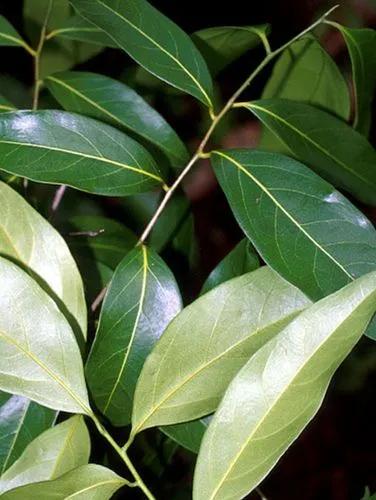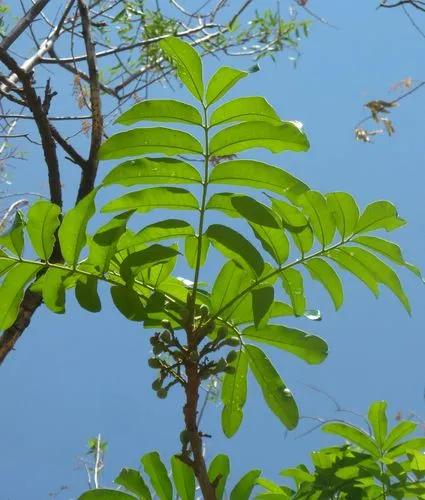Pinus lambertiana (commonly known as the sugar pine or sugar cone pine) is the tallest and most massive pine tree, and has the longest cones of any conifer. The species name lambertiana was given by the British botanist David Douglas, who named the tree in honour of the English botanist, Aylmer Bourke Lambert. It is native to coastal and inland mountain areas along the Pacific coast of North America, as far north as Oregon and as far south as Baja California in Mexico.
Sugar Pine Care
Pinus Lambertiana



The sugar pine is the tallest and largest Pinus species, commonly growing to 40–60 meters (130–195 ft) tall, exceptionally to 82 m (269 ft) tall, with a trunk diameter of 1.5–2.5 m (4 ft 11 in–8 ft 2 in), exceptionally 3.5 m (11 ft 6 in). The tallest recorded specimen is 83.45 metres (273 ft 9 in) tall, is located in Yosemite National Park, and was discovered in 2015.
The second tallest recorded was "Yosemite Giant", an 82.05 m (269 ft 2 in) tall specimen in Yosemite National Park, which died from a bark beetle attack in 2007. The tallest, known, living specimens today grow in southern Oregon and Yosemite National Park: one in Umpqua National Forest is 77.7 m (254 ft 11 in) tall and another in Siskiyou National Forest is 77.2 m (253 ft 3 in) tall. Yosemite National Park also has the third tallest, measured to 80.5 m (264 ft 1 in) tall as of June 2013; the Rim Fire affected this specimen, but it survived.
The sugar pine occurs in the mountains of Oregon and California in the western United States, and Baja California in northwestern Mexico; specifically the Cascade Range, Sierra Nevada, Coast Ranges, and Sierra San Pedro Martir.
How to Care for the Plant

Popularity

32 people already have this plant 5 people have added this plant to their wishlists
Discover more plants with the list below
Popular articles






